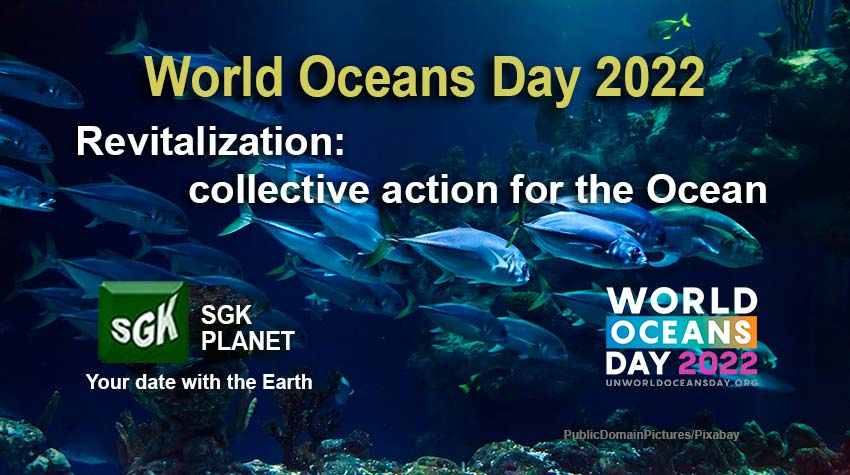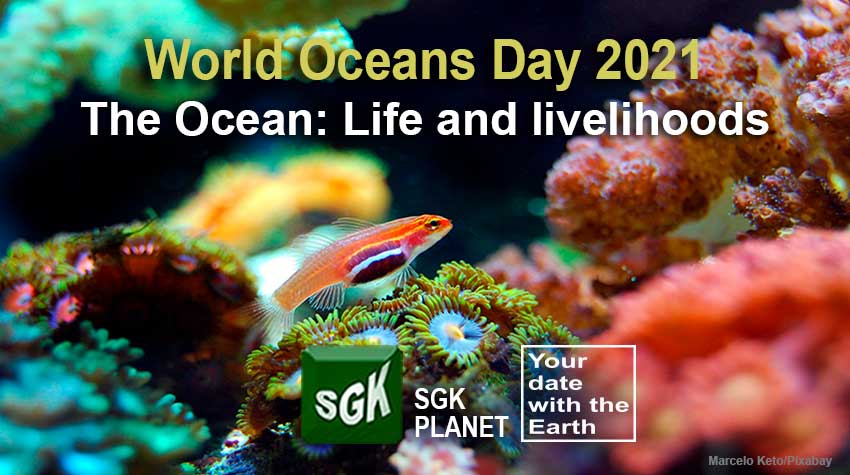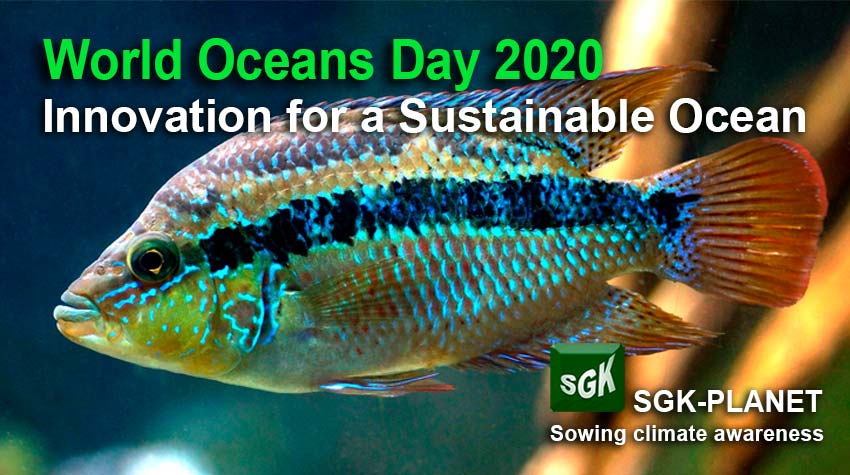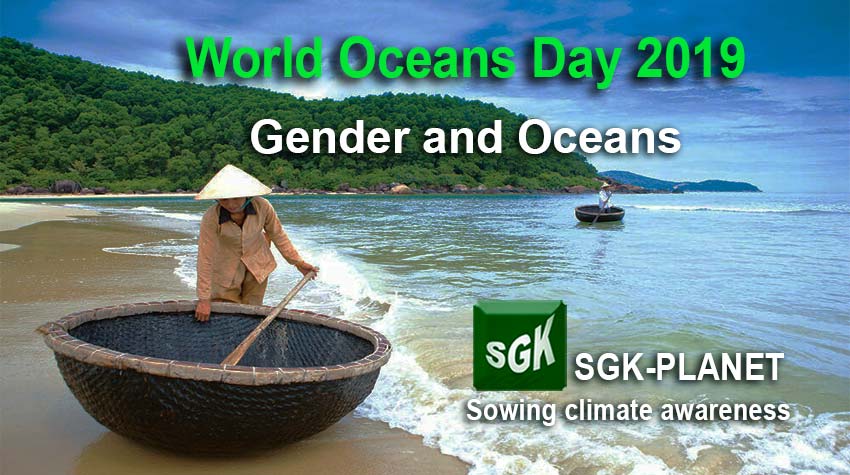FAQs about Oceans
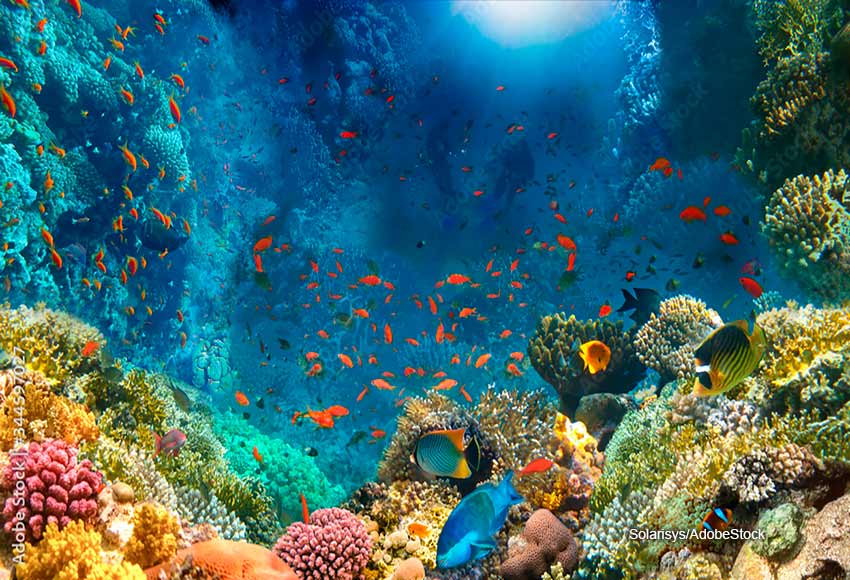
7. What are the main pollutants in the oceans?
Direct download. Pollutants enter rivers and directly into the sea through urban discharges from sewers and pipes from factories and factories for their industrial waste, sometimes in the form of hazardous or toxic waste. Another source of marine pollution is inland mining, including mining for copper, gold, etc. Most of the pollution is made up of land that ends up in rivers and flows into the sea.
Runoff. Is a stream of rainwater that circulates over the earth’s surface when it overflows a natural or surface reservoir.
Pollution from ships. Ships can pollute waterways and oceans in various ways. Oil spills can have devastating effects. Some hydrocarbons present in crude oil are toxic to marine life, difficult to clean and remove.
Pollution from the atmosphere. Marine pollution also occurs through the atmosphere. The wind blows dust, plastic bags, and other objects into the sea from landfills and other land areas. It is also worth mentioning the dust or fine grit from the deserts of the world.
Plastic waste. Marine debris is mainly made up of debris thrown away or left behind by humans that ends up floating in the ocean. 80% of marine debris is made up of plastic material, a component that has been accumulating rapidly since the end of the 20th century.
FAQs about Oceans
1. What are the earth’s oceans and what is their importance?
2. Are the oceans lungs of the Earth?
3. How many marine species are there, and which ones are in danger?
4. How does global warming affect the oceans?
5. What is acidification and how does it affect the oceans?
6. What is overfishing and what consequences does it have for the oceans?
7. What are the main pollutants in the oceans?
8. How do plastics affect the oceans?
Other Secctions of the Oceans
Articles
Revitalization: collective action for the ocean. World Oceans Day 2022
On June 8 we celebrate World Oceans Day 2022, this year framed in the UN Decade of Ocean Sciences and within which the Conference of the Oceans. The theme of 2022 Revitalization: Collective Action for the Ocean wants this year to emphasize the greatness of the ocean as a source of life for all human beings and for all other organisms that inhabit the Earth.
Our planet Earth is also known as the blue planet because more than 70% of its surface is covered by the waters of oceans and seas, which gives it its distinctive color. These huge bodies of water are essential for life as they provide us with food, as well as being important regulators of climate change and generators of most of the oxygen we breathe.
World Oceans Day was proposed during the Earth Summit in Rio de Janeiro, 1992, although it was only implemented in 2008. Since then, World Oceans Day is celebrated on June 8 of each year, by resolution of the General Assembly of the UN. Its objective is to raise awareness about the importance of the oceans and how to preserve them. This year the UN has chosen two reasons to celebrate World Oceans Day.

